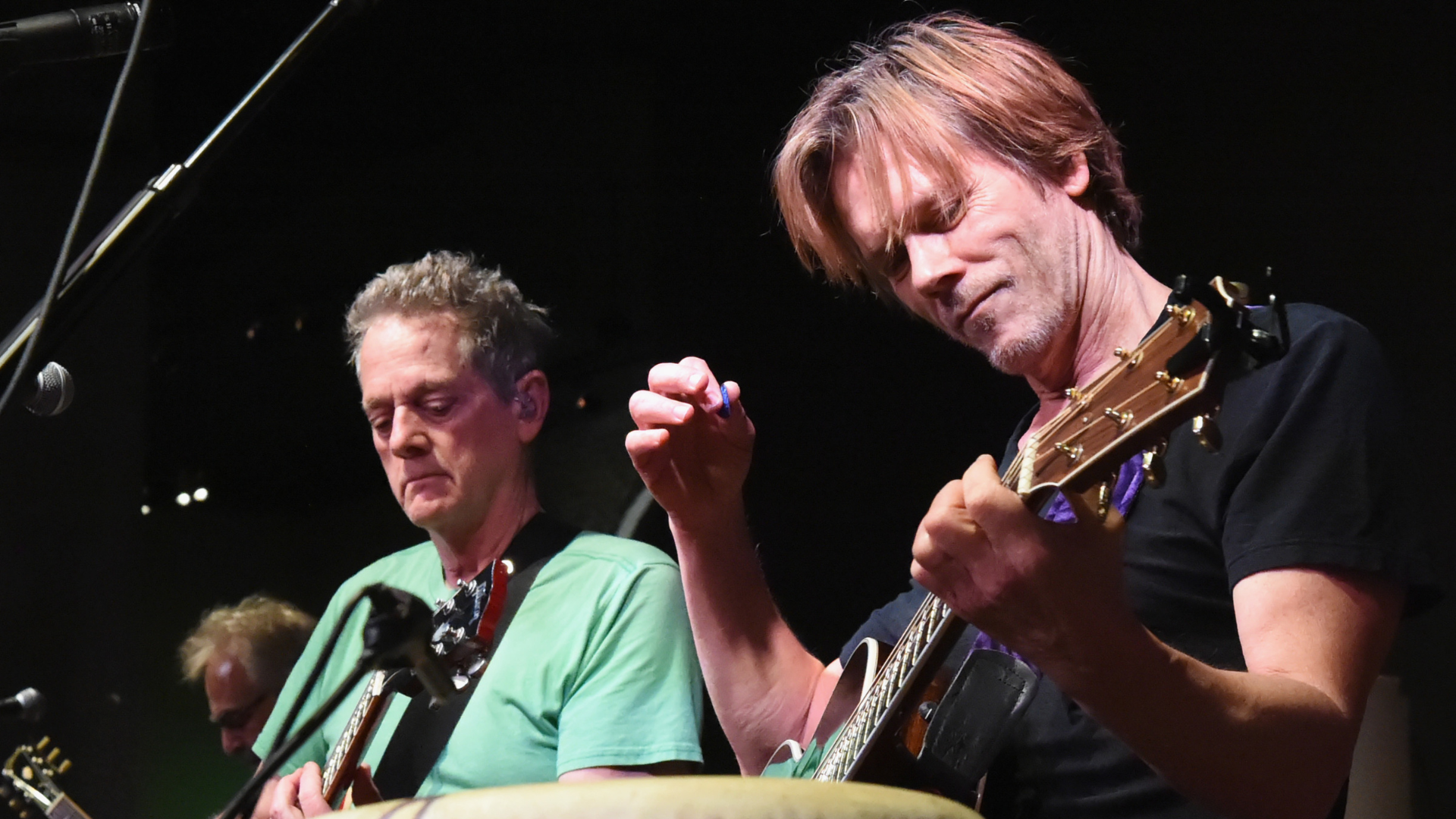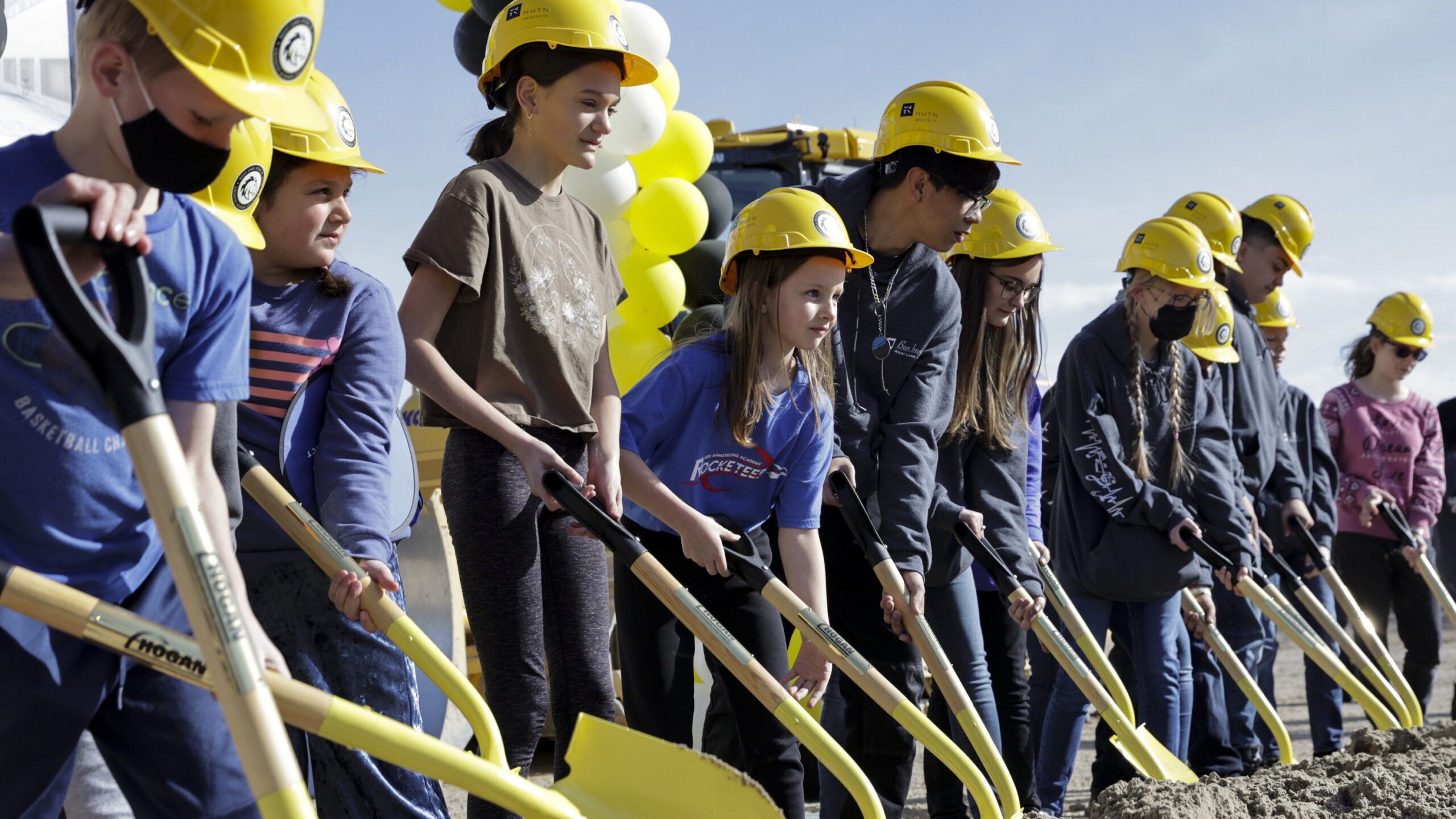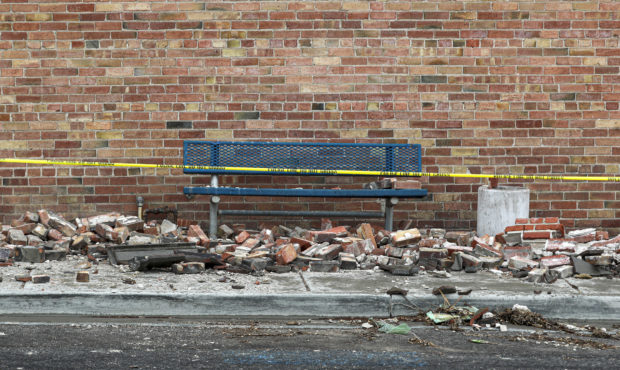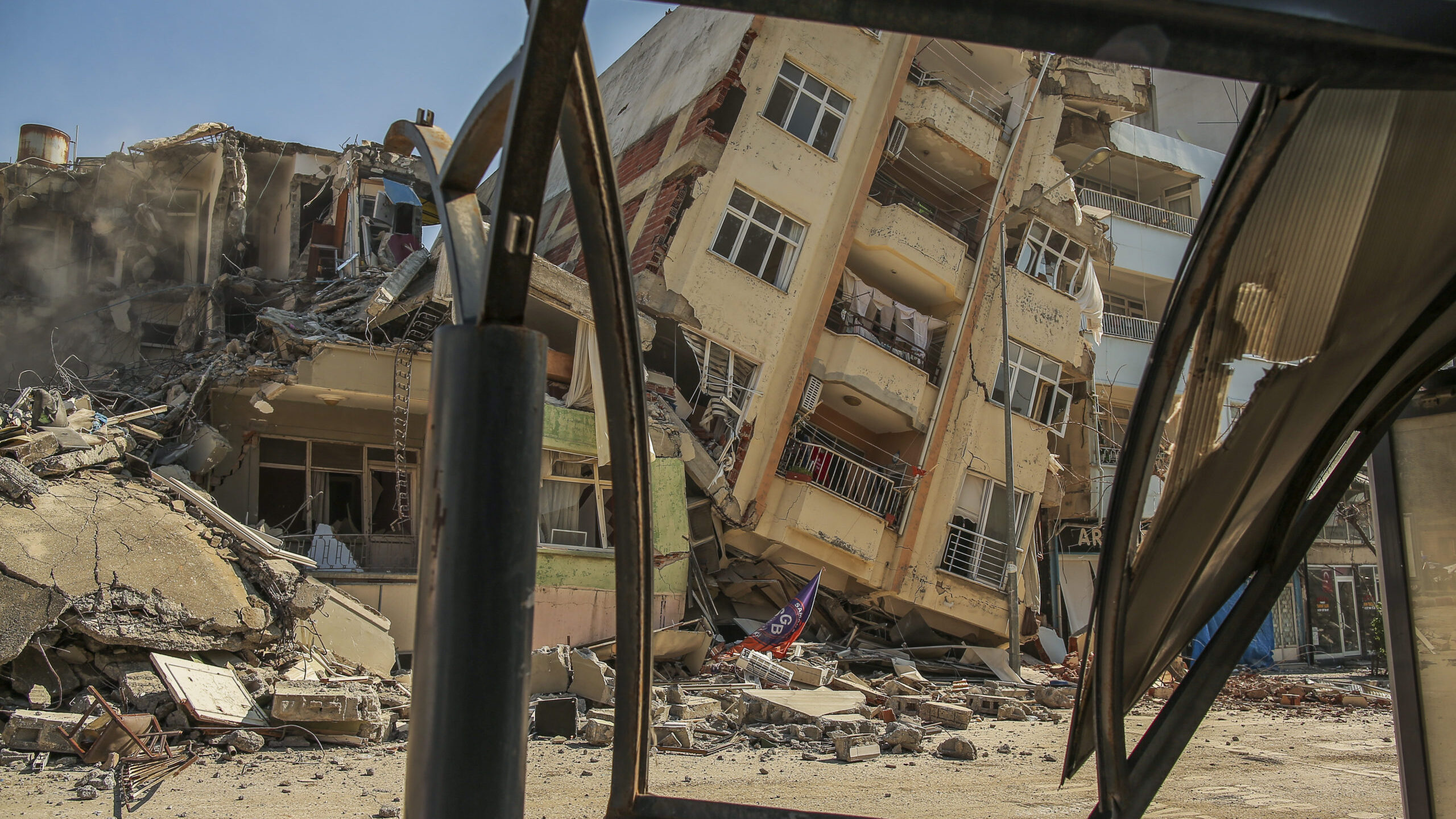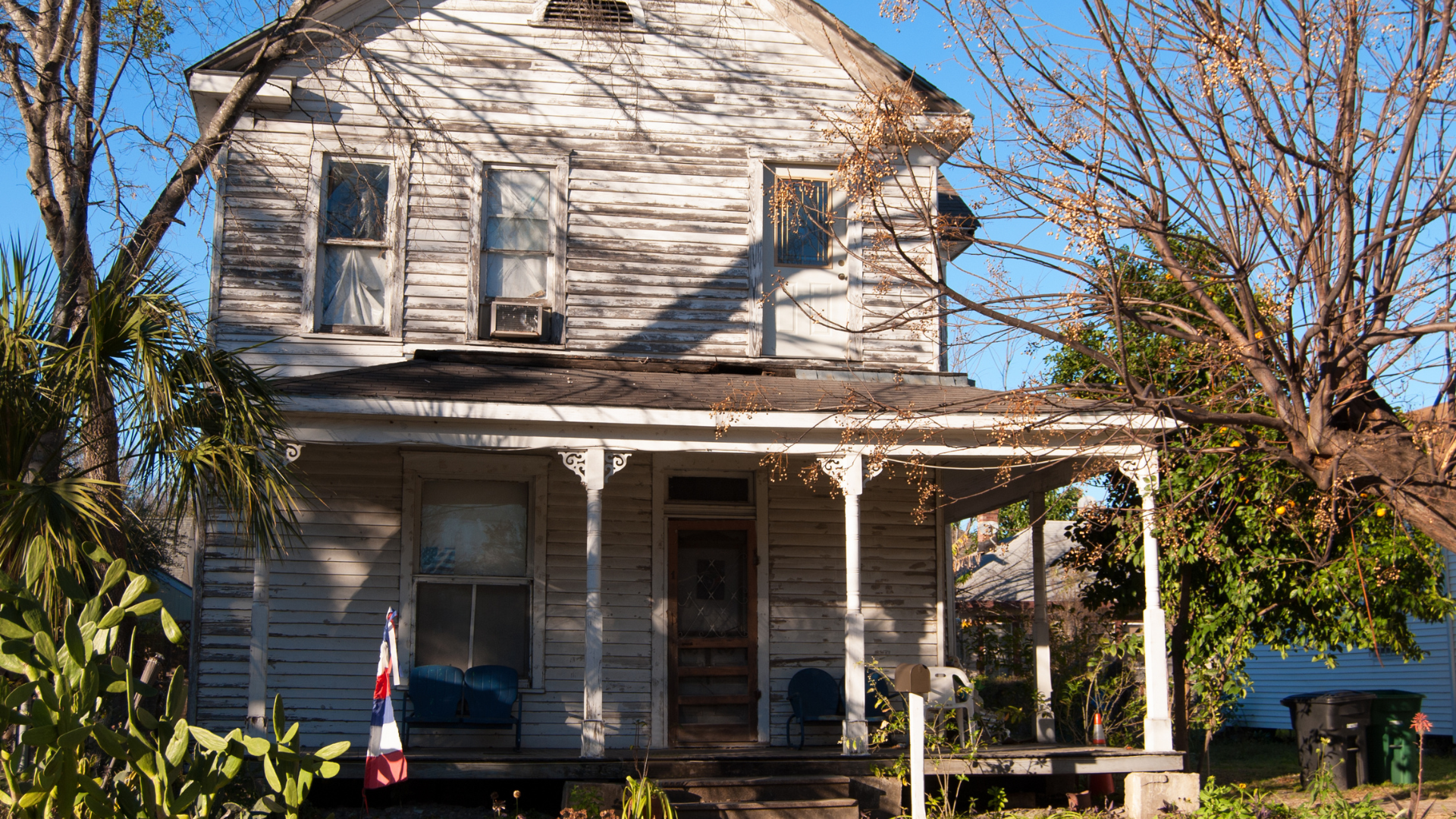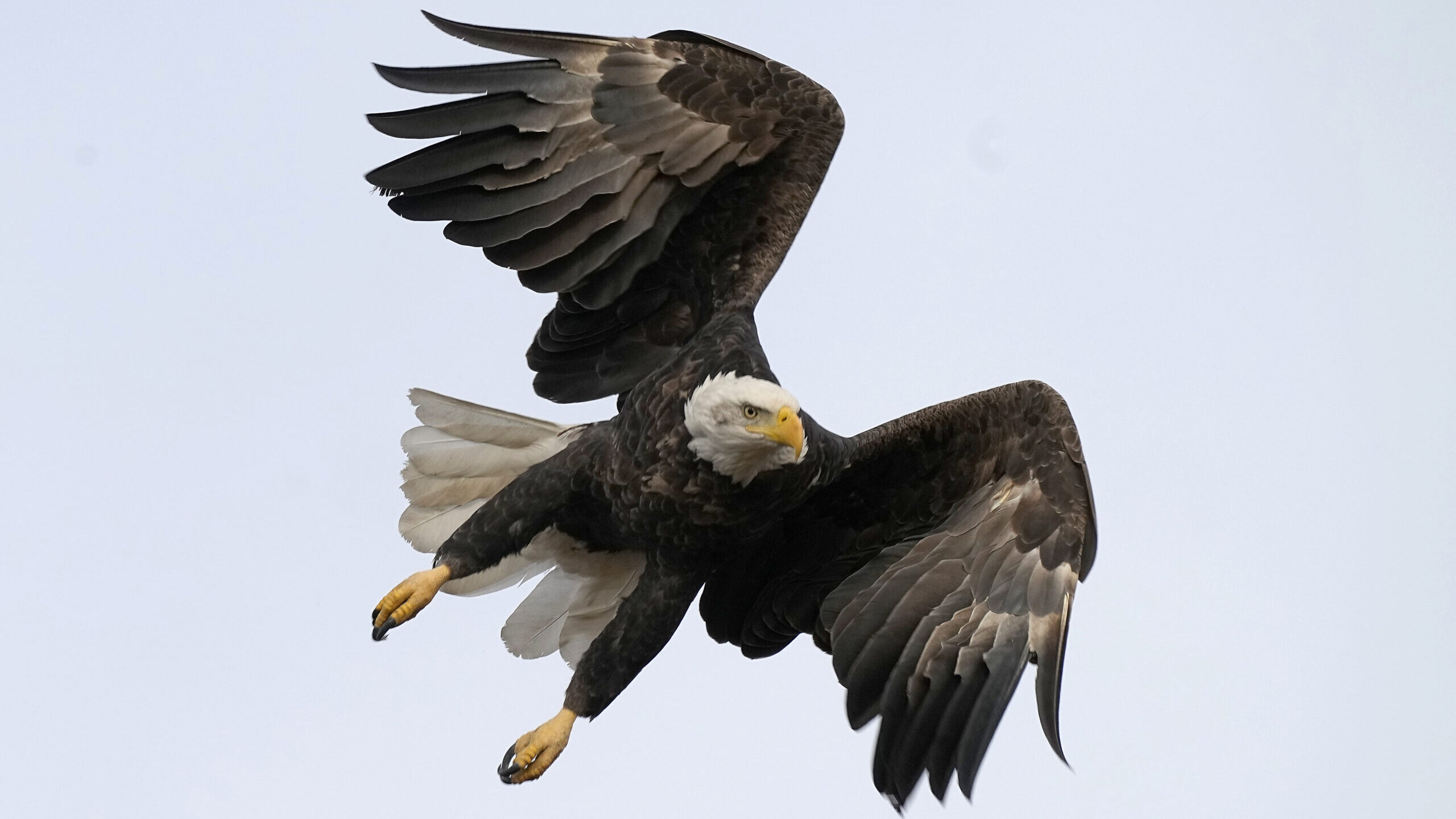When you see or hear racism, take action, says Salt Lake NAACP president
Aug 29, 2022, 6:30 PM | Updated: 6:30 pm
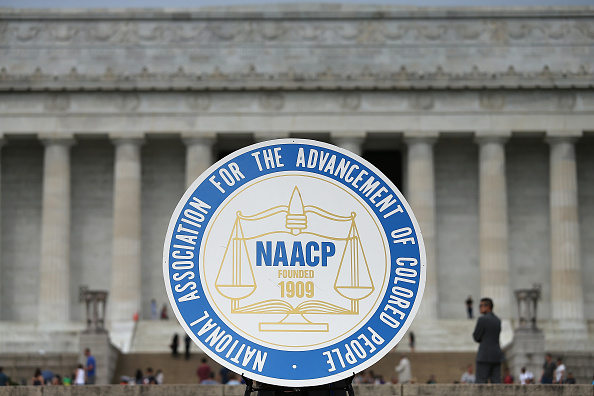
WASHINGTON, DC - JUNE 15: A logo is seen for the National Association for the Advancement of Colored People as NAACP President and CEO Cornell William Brooks speaks during a press conference at the Lincoln Memorial June 15, 2015 in Washington, DC. Brooks announced "America's Journey for Justice," an 860-mile march from Selma, Alabama to Washington, D.C. and a campaign "to protect the right of every American to a fair criminal justice system, uncorrupted and unfettered access to the ballot box, sustainable jobs with a living wage, and equitable public education." (Photo by Win McNamee/Getty Images)
(Photo by Win McNamee/Getty Images)
SALT LAKE CITY — Rachel Richardson, a Black Duke University volleyball player, was subjected to racial slurs and threats during a game Friday at BYU. The slur at a collegiate competition has some people asking what a person should do, if they hear such slurs around them.
And you don’t have to confront the racist fan, said the president of the Salt Lake NAACP. But do tell someone in authority about what is happening.
Richardson said game officials and the BYU coaching staff were made aware of what was going on during the match but didn’t do anything to try to stop it, nor did they do anything when the match was over, according to the Deseret News.
The fan who allegedly hurled the racial insults, who BYU official said is not a student, is banned from all athletic facilities on campus.
Take action when you see or hear racism, says guest
Jeanetta Williams, president of the Salt Lake Branch of the NAACP, spoke to KSL NewsRadio’s Dave Noriega and Debbie Dujanovic about what to do if you are sitting next to a fan yelling racial slurs.
“Did you feel Jeanetta, from your perspective, that BYU reacted swiftly enough in this instance?” Debbie asked.
She said finding the fan shouting racial slurs took time, but added that someone in the stands near the racist should have taken action.
“If they didn’t want to confront the person, they should have maybe left and found somebody in authority and asked them to remove him or let them know that he was making a disturbance,” Williams said. “He was really making derogatory remarks, racist remarks, towards the Duke players,” Williams said.
When you see or hear racism, it’s incumbent upon you to report that person to authorities immediately, she said.
Williams commended the BYU Athletic Department for reaching out to the Duke player who was the target of the racist taunting.
“Sometimes we have a hard time asking the tough question, so I’ll ask it to you: Is Utah a racist state?” Dave said.
“Well, I won’t say that Utah, in its entirety, is a racist state,” Williams said, but she cited a number of examples of public displays of racism at Utah sporting events.
Thunder guard Russell Westbrook stands behind criticism of Utah Jazz fans
Steps to stop racism
“Jeanetta, I do look at this as also an opportunity to have the discussion. And I believe it’s an ongoing discussion with our own children in our own home. How does that discussion begin in your view tonight?” Debbie asked.
Williams agreed talking about stopping racism before it starts begins at home but when that doesn’t happen, it makes its way into schools.
“We have to go into the schools because the different bullying going on,” she said. “We try to talk to the parents as well and to the administrators to say, What can we do?” she said.
Williams said the NAACP shares copies of its anti-bullying policies with schools.
“What we’re trying to do is talk to parents. If the parents have a difficult time talking to the children, maybe it’s better to have a small-group setting.
“So let’s get together at a library. Let’s get together at some public place where people feel comfortable about open dialogue and open discussion,” Williams said.


